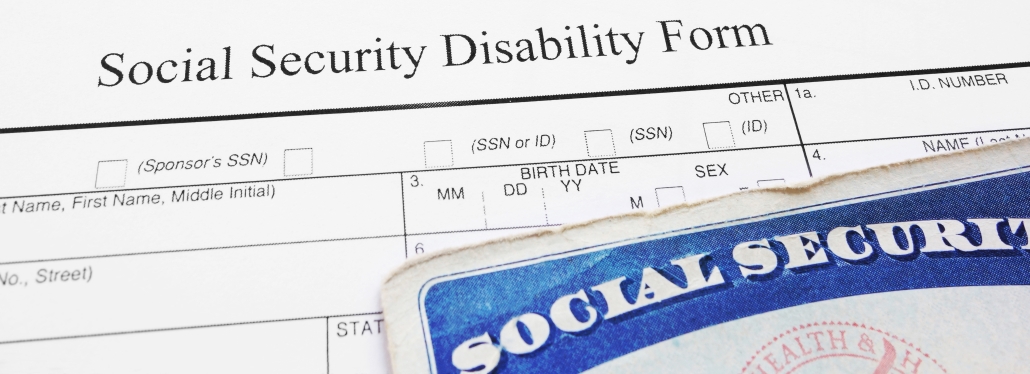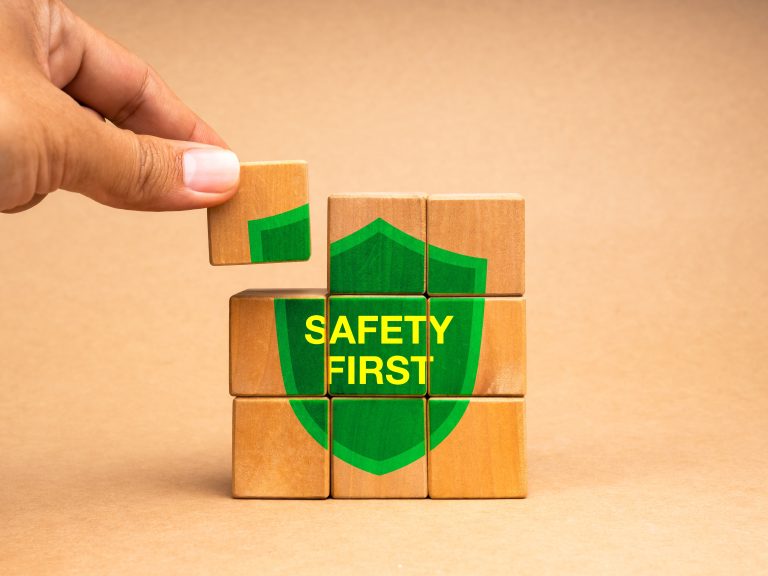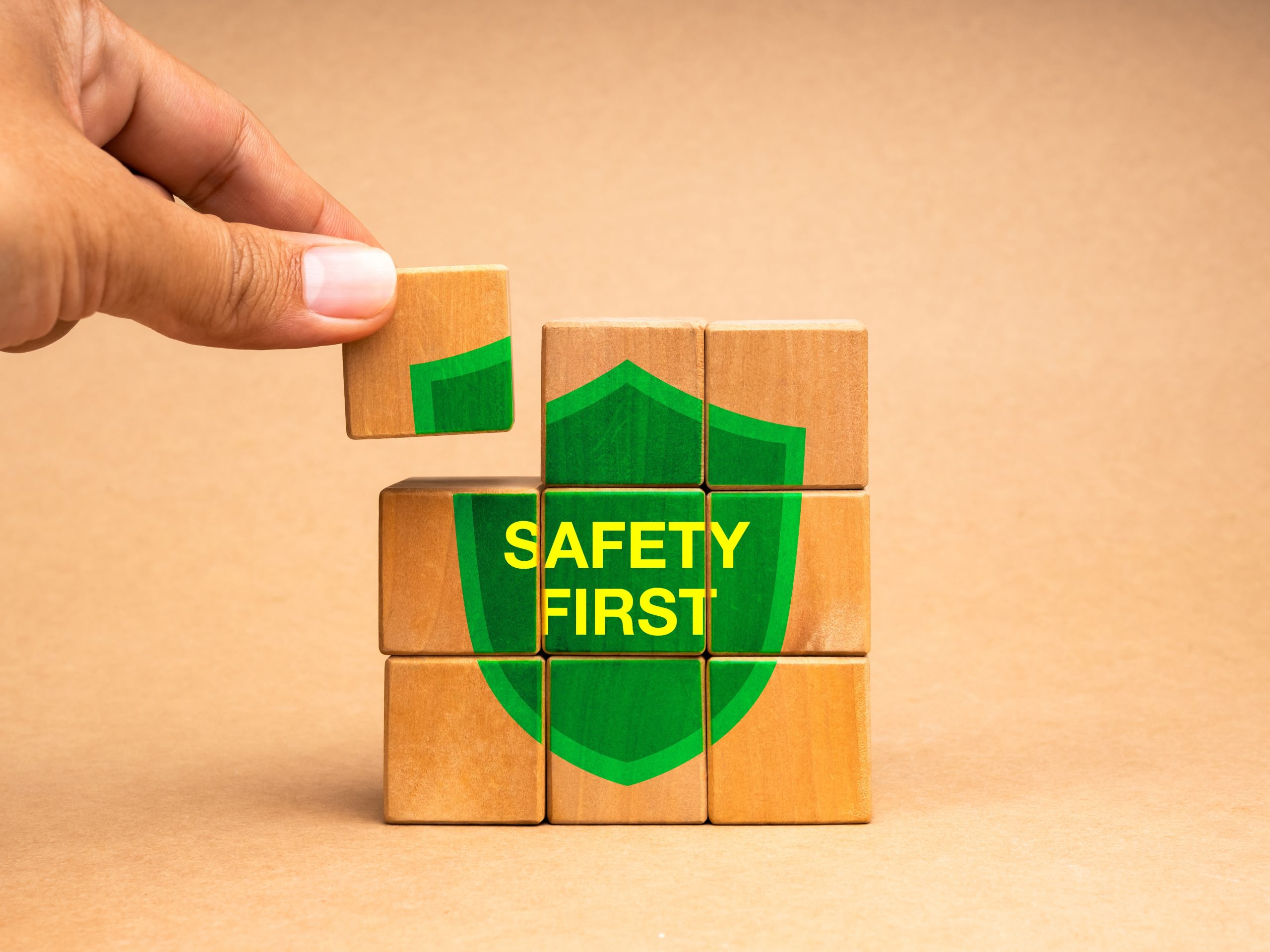[vc_row][vc_column][vc_column_text]Social Security Disability Insurance (SSDI) is a safety-net program that offers benefits to people under the age of 65 who have become disabled or blind.
Who can receive Social Security Disability Insurance Benefits?
SSDI benefits are available to anyone who is unable to work due to an injury or disease that is expected to last for at least one year or result in death. Federal law has a strict definition for disability. Injuries and conditions that are eligible under SSDI are typically considered life-changing.
Do I meet the work requirements for receiving disability benefits?
To receive disability benefits, you must pass two different working tests. 1) You must have worked a certain number of years based on the age at which your disability begins; and 2) your income from your working years must meet minimum levels in compliance with SSDI regulations. Some blind workers are only required to pass the first test.
How is the decision made to approve SSDI benefits?
To be approved SSDI benefits, the Social Security Administration (SSA) will investigate five questions.
1) Are you working?
If you are working and have an average monthly income exceeding a certain limit, you are not considered to have a disability. The income limit varies from year to year and is published annually by SSA. If you do not have a job right now, or if your average monthly income is equal to or lower than the current limit, SSA will consider your condition.
2) Is your condition “serious”?
Your condition must severely limit your ability to perform basic tasks, such as walking, sitting, or remembering details. The condition must have lasted, or is expected to last, at least one year. If SSA determines that you have a disability, they will take a closer look at your condition.
3) Is your condition listed on the list of serious illnesses?
SSA keeps a list of diseases and condition they believe are serious enough to automatically indicate that you are unable to perform work, regardless of age, education, or work experience. If your condition (or combination of conditions) is not specifically on the list, SSA will evaluate whether your condition(s) is as severe as a disease on the list. If SSA determines your condition is equivalent to a serious illness, they will rule that you have a disability. If not, SSA will examine your ability to work.
4) Can you perform your previous work?
Does your condition prevent you from working as you did in the past? If your condition does not cause any hindrance, SSA will rule that you are not disabled. If your ability to work is affected, there is one last question to address.
5) Can you engage in any other type of work?
If you are unable to do previous work, SSA will consider whether you are still capable of doing other work, even with your condition. They will consider age, education, past work experience, and any skills that may apply to other types of work. If you are unable to perform other types of work, SSA will rule you have a disability. If SSA determines that you can do other work, they will not consider you disabled.
SSDI Lawyers in Southern California
The Law Offices of Scott Warmuth offers free consultations for SSDI cases. We can help you secure the benefits you need. Call us today at 888-517-9888 to schedule your consultation![/vc_column_text][/vc_column][/vc_row]
Understanding Social Security Disability Insurance Benefits
Topics: Workers' Compensation
Nov 30th, 2018










